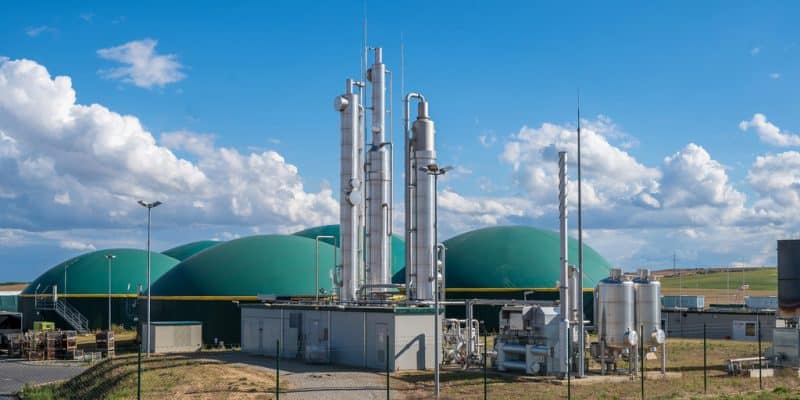In South Africa, the Cape Town municipality will set up a biogas plant at the Vissershok landfill. The facility, which will be built by 2025, will convert organic waste into biogas and then into electricity to power the city of Cape Town.
The South African city of Cape Town wants to use waste to produce energy. The R197 million ($11.5 million) project is mainly for the construction of a biogas plant with a capacity of 2 MW, which can be expanded to 9 MW.
The plant, which will be built in 2025 at the Vissershok landfill site, will be able to supply electricity to 5 850 homes. The facility will also help reduce the impact of waste on health and pollution, as well as create jobs for communities.
According to experts, the organic matter in landfills decomposes and forms a methane-rich gas that has about 25 times the warming potential of CO2. Wells will be dug in the landfill to extract the gas before being connected to the newly built flare complex where it will be diverted to a gas engine to generate electricity,” says the municipality led by Geordin Hill-Lewis.
According to the local authorities, the future Vissershok power plant will reduce Cape Town’s dependence on Eskom. Faced with the failures of the public company’s network, the city of Cape Town and other South African municipalities want to obtain their supplies directly from independent power producers (IPPs). For the record, South Africa produces 12.7 million tonnes of solid waste each year. In this context, waste-to-energy is becoming an alternative in this southern African country, which depends on coal for more than 80% of its electricity production.
Read also-SOUTH AFRICA: State strengthens Western Cape waste management system
In neighbouring Zimbabwe, the authorities approved a similar project in the city of Bulawayo in April 2021. The project by UK-based Pragma Leaf Consulting will process 325 tonnes of waste per day, generating 78,000-110,000 litres of diesel per day, 60 m3 of biogas and 11.35 MW of electricity.
Benoit-Ivan Wansi






